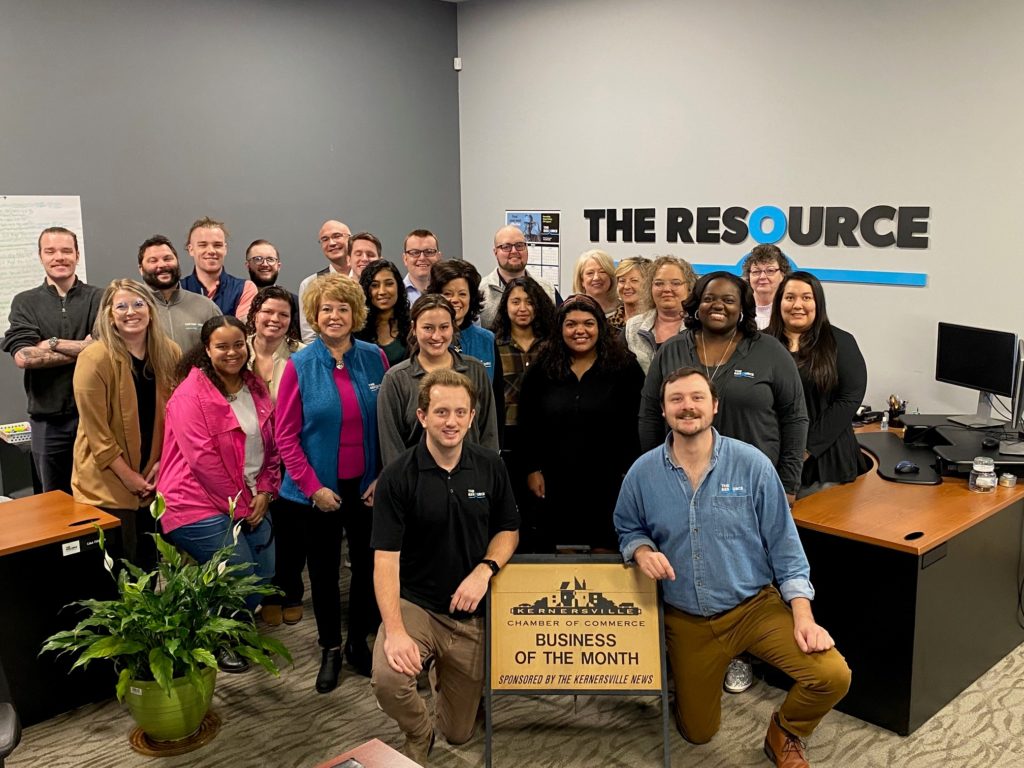In recent months, when asked "Is retention an issue for your company?" many
employers immediately respond with a loud "No!" that is quickly followed
with statements about how their employees are lucky to have jobs right now.
In these tough economic times, employers often think they don't have to
worry about retaining their workers because they assume that their employees
aren't going anywhere.
This perspective is shortsighted, though, because those employers fail to
consider what the turnover cost would be if they lost a good employee today.
The general rule of thumb is that turnover costs a company 150 percent of
the departing employee's annual salary-a hit to the bottom line that few
companies can afford at the moment. If that isn't enough to make employers
think about retention right now, they should also consider the impact of
losing even more employees when the economy picks up and the labor market is
short of skilled workers. Perhaps at that point, they'll be ready to listen
to some inexpensive solutions.
What organizations do right now for their employees while times are tough
will have a direct impact on what those employees will do when the economy
does pick up. Many current employees are already looking for other positions
(one recent study found that just over 70 percent were searching for other
jobs either actively or passively[1]) Yet employers remain blind to what
is happening and believe that they are in power.
In these circumstances, what generally happens is the top employees that a
company can't afford to lose can find other jobs now, and even the average
performers will find other positions at least when the economy picks up-and
the organization will be left with those who can't find employment
elsewhere. If its top workers haven't left yet, a company that begins
investing in retention now might still have time to show them that
it cares about them.
Recruiters are finding out that replacing employees isn't as easy as one
might think it would be when unemployment levels are at 7 to 9 percent.
Companies that are actually recruiting now are reporting receiving as many
as 1500 or more resumes in response to a single ad on national job boards.
After spending countless hours screening these resumes, though, recruiters
find themselves issuing the same refrain: "Where are all the good
candidates?"
Currently, the country has high unemployment, but the business world is
still experiencing a skills shortage; at the same time, employers'
expectations are very high, given the emphasis on keeping expenses down.
Filling a position is not an easy task now-nor will it be when the economy
picks up.
A company's best recruitment tool is retention. Organizations should spend
their money keeping their employees and training them to do needed jobs.
Businesses are likely to spend more money recruiting from the outside-and
not finding the right skills, knowledge, and commitment-than what retaining
and training the employees they already have would cost.
A company's bottom line is affected not only by turnover costs but also by
decreases in productivity and customer satisfaction. The more dissatisfied
employees become and the less focused they are on doing a good job, the less
productive they are on the job-and the more likely they are to have a
negative impact on customer satisfaction.
To retain their current workforces, companies should start by finding out
what their employees feel are the characteristics of a great company. (This
information can be gathered through exit interviews, performance reviews,
employee opinion surveys, and casual conversations.) Hiring managers and HR
should think about what they hope to gain through this process and be sure
not to ask questions about things that can't be changed but to focus instead
on questions that will yield information that can lead to actionable
results.
After gathering this feedback, a company's leadership should determine the
actions it can take and create a plan (and possibly involve employees in
implementing it). Most importantly, it should communicate to employees what
will be done based on their feedback, as well as what can't be done (and
why). As long as leadership communicates with sincerity, employees'
responses are often be surprisingly favorable.
Rather than try to copy others' retention programs, an organization should
figure out what will work for its own specific situation-which might require
starting with a culture change. Sometimes the most effective solutions that
meet employees' needs can be simple and not too expensive:
â Training and encouraging managers to give more regular feedback
â More formal reward and recognition programs
â More fun in the workplace (e.g., having the boss flip burgers on a
Friday)
â Showing employees how they fit into the company's mission
â Some flexibility in scheduling work hours
â Employee development and training
â Improvement to company communications (even when the news is bad)
â Alternative benefits (e.g., concierge services, dinners to go)
â Competitive compensation
â Mentoring and coaching solutions
â Skill development opportunities
â Respect
Today, businesses shouldn't take anything for granted-especially their
employees. In this economic landscape, companies should regard retention not
as just an area of interest but as a top priority.











